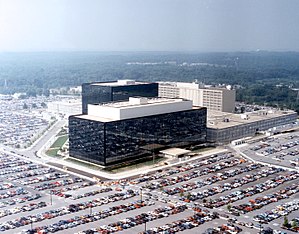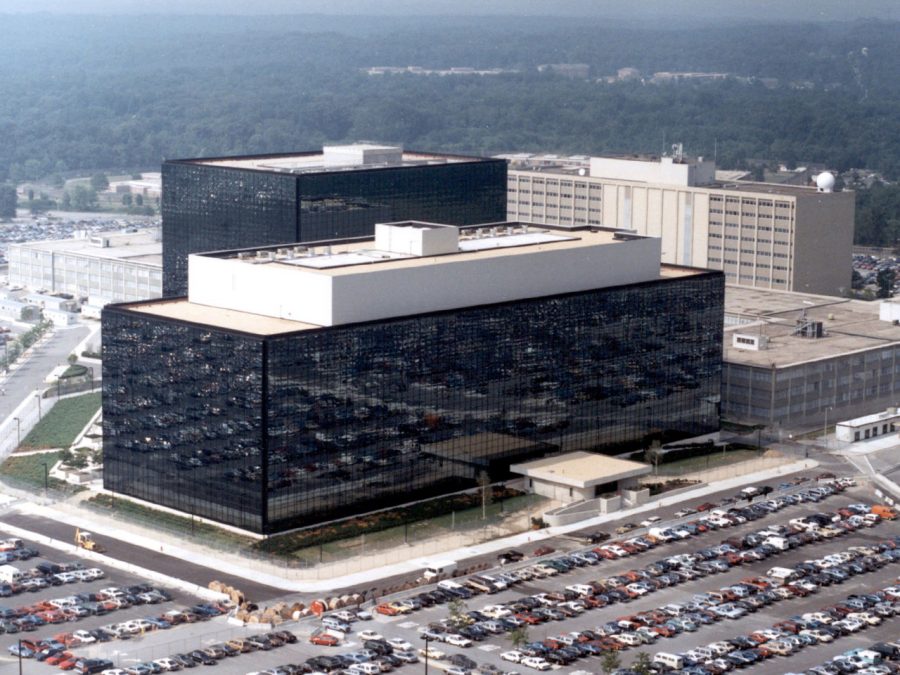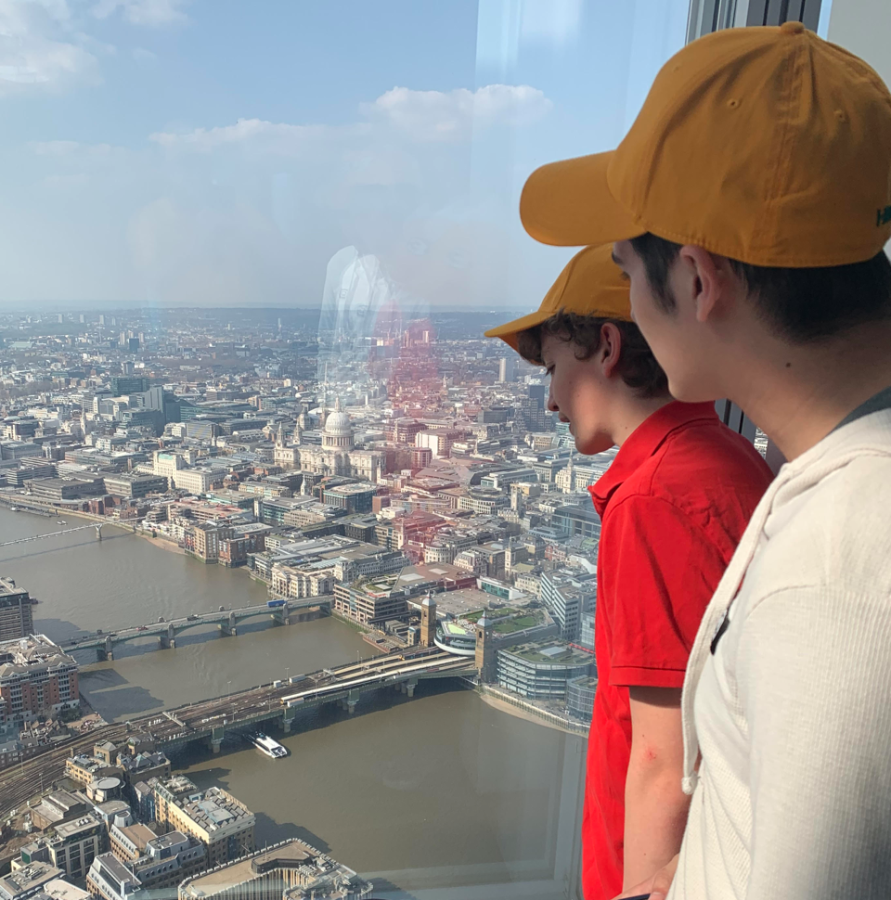
Hassan Sayed ’15
This past June, the world experienced the shock of the NSA surveillance scandal; as leaked by whistleblower Edward Snowden, the National Security Agency has been collecting the communications data of millions of Americans over the past years in attempts to “improve national security,” and offer false protection to its citizens in a contraction of the social contract. However, this spying has not been limited to just the United States; in fact, the most heavy surveillance efforts have occurred in Iran and Pakistan.
However, reporting from some of the many documents leaked by Snowden, an article from German news outlet Der Spiegel states that the NSA’s illicit efforts are not simply limited to the citizens of countries around the globe. In fact, through the “Special Collection Service” program, the security agency has reportedly wiretapped and spied on private United Nations conferences, embassies worldwide, and other international organizations, including the Swiss-based International Atomic Energy Agency and the European Union.
If these reports are true, particularly those involving the United Nations, this could be the last straw for the United States. Countries around the world are already outraged at the US’s efforts, but spying on diplomatic relations and critical world organizations could cause the UN or EU to take serious action, be they trade sanctions, revocation of the country’s rights in the United Nations, or international trials resulting in high penalties.
The NSA surveillance was meant to be an act of preventing terrorism to “secure the safety” of US citizens. But is spying on its own allies in the UN and EU really preventing terrorism? Do these actions really make the citizens of not just the US, but the world, feel more secure?
Surely, they do make them more secure that they have been betrayed.












